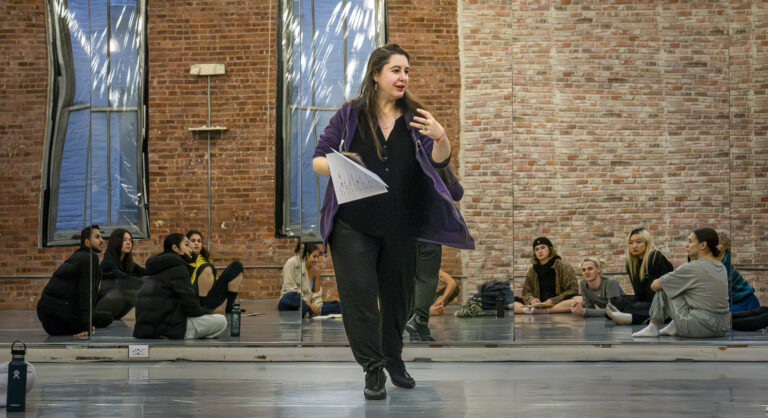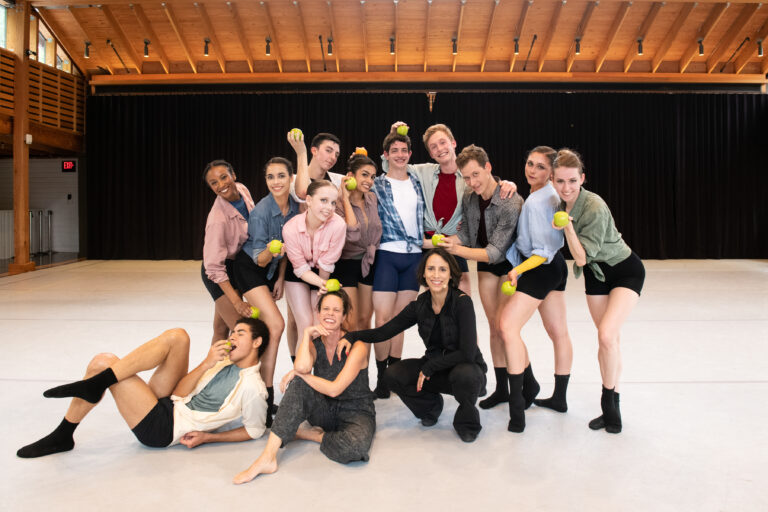
With the new school year upon us, it’s common for teachers to discuss the students that they’ll have in their classes. Teachers will inform their colleagues about the upcoming talent and will also warn them about the challenging students that they will face for this season. Although, done with good intensions, by this we are taking away one of our students’ most important rights: the right to a clean slate.
Every student deserves the right to start the school year without their past behaviors, mistakes and identities haunting them. The dancers should enter the studio knowing that they have the opportunity to let this year’s actions determine how they will be treated and how they will become part of the classroom community. Part of teaching dance is teaching life lessons. This means that we need to lead by example and offer students second chances. So, before you begin emotionally preparing yourself for the students in this year’s classes, please consider these three reasons why dancers deserve a fresh start.
Maturity
Although the summer goes by quickly, three months is enough time for students to experience new things. You will often find that the dancers that are walking into the studio this September are not the same people that they were at the end of last year–they’ve changed and grown. Do not allow preconceived notions taint the new level of maturity your dancers will bring to the classroom.
Class Dynamic
Many times friendships inside and outside the dance studio can play into students’ behavior, levels of motivation, and work ethic. Therefore, a different roster of students can create a new class dynamic. A child who was struggling socially last year may now feel more comfortable and you could see a big improvement in that child’s behavior this year.
Teaching Style
You, as a teacher, are different from your colleagues. The way you run your classroom, teach your lessons and interact with your dancers will cause them to behave, perform and learn differently. A student that may be problematic in another person’s classroom, may act completely different under your leadership. Therefore, you are doing yourself and the child a disservice in assuming that they will behave the same as they did for another teacher. In short, don’t allow another teacher’s opinion overshadow your experience, until you’ve experienced the student’s behavior first hand.



